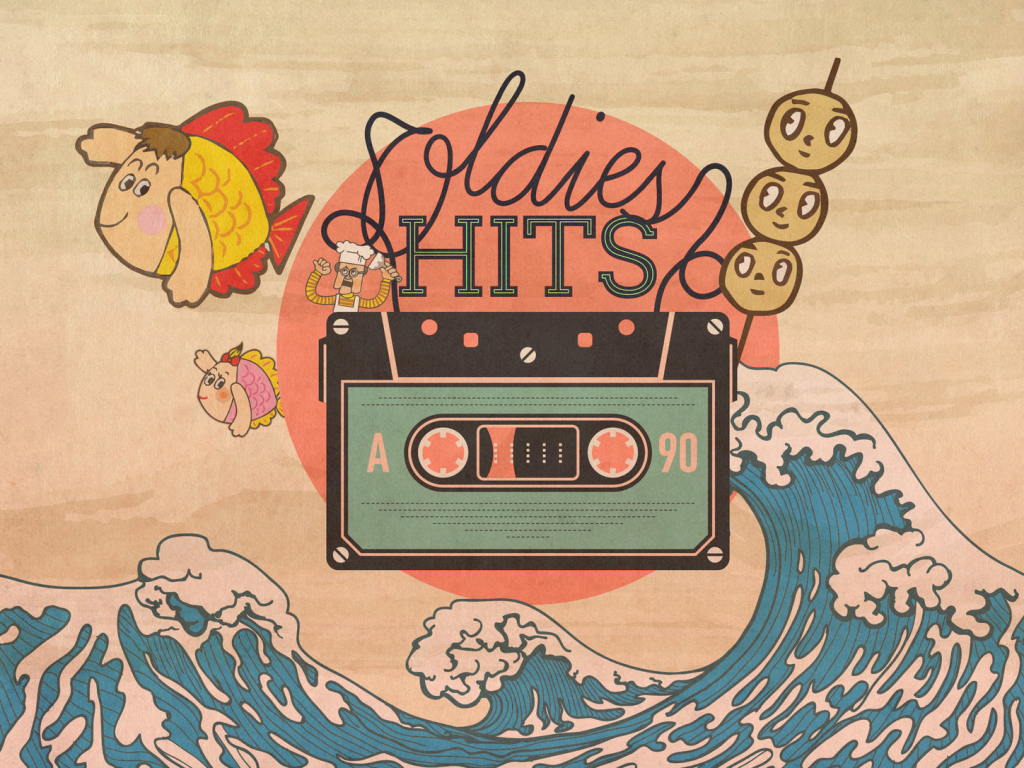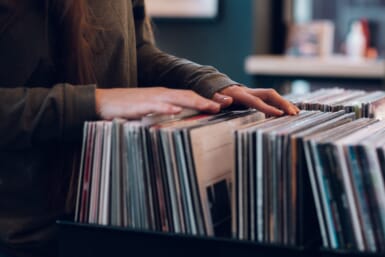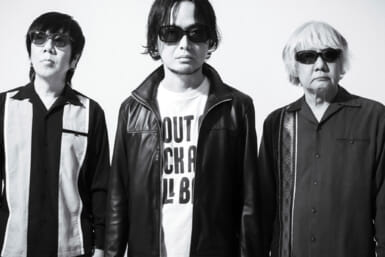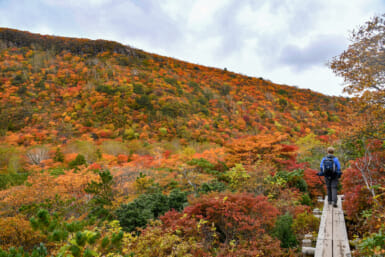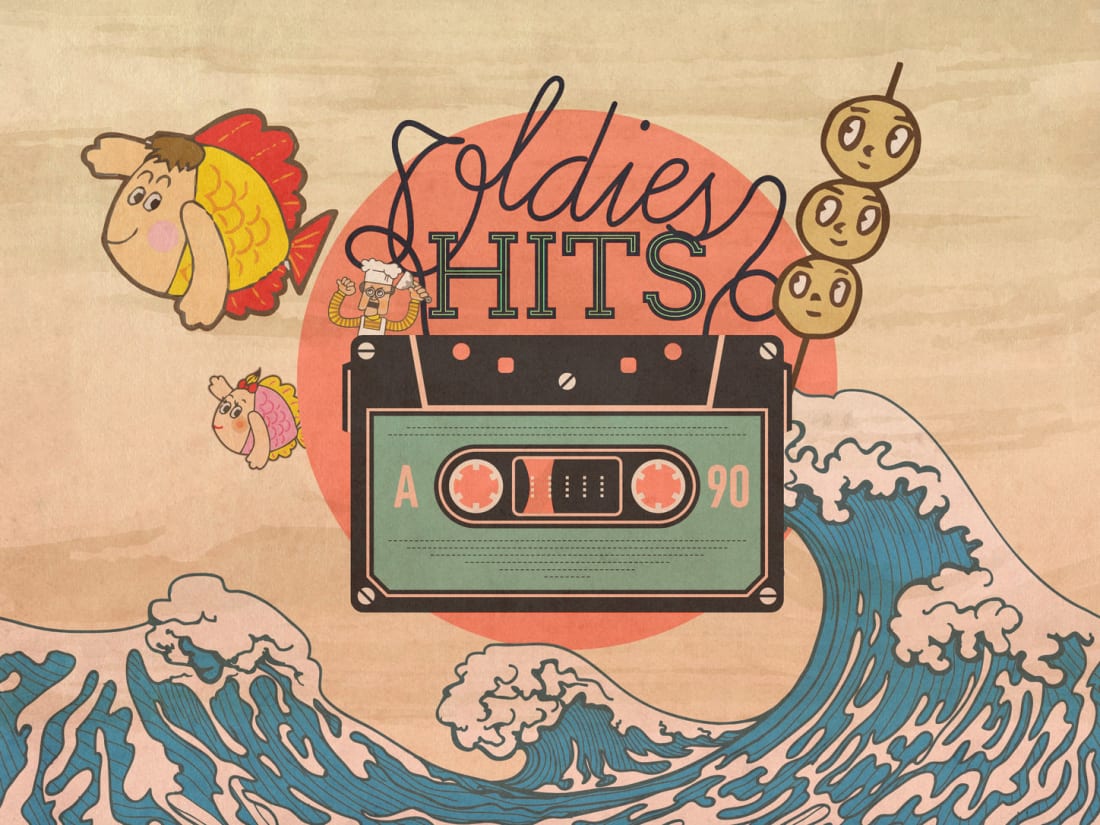
Japan is home to the world’s second-largest music market and domestic acts account for over 90% of live and recording revenues. To help you on your Japanese music trivia journey, we’ve compiled Japan’s top 10 best-selling singles of all time. The numbers are taken from Japan’s Oricon Chart and only include physical sales (CDs, LPs, etc). Because of this, the results are skewed to favor late Showa and early Heisei hits, as digital sales took over in the late noughties. Don’t worry — we have a list for the ultimate bestsellers coming soon.
Until then, here’s an overview on 10 of Japan’s bestselling singles of all time:
10. “Love Love Love” by Dreams Come True, 1995
Dreams Come True is one of Japan’s most beloved groups and is often referred to as Dorikamu or DCT. An integral part of the Japan music landscape for 30 years, Miwa Yoshida and Masato Nakamura have been performing as a duo for the majority of their career. It’s important to stress how significant their presence in the Japanese music scene is: when they left their label Sony Music Japan, Sony’s shares plummeted 10% in one day on the Tokyo Stock Exchange. DCT also held the record for the top-selling album for a long time, selling over 3 million copies of their second album, Love Goes On, released in 1992. “Love Love Love”, was their 18th single and was featured on their 1996 album LOVE UNLIMITED∞. The song was also voted the second most popular love song for Valentine’s Day among couples in a 2006 Oricon survey.
9. “Oh! Yeah!/Love Story wa Totsuzen ni” by Kazumasa Oda, 1991
Kazumasa Oda‘s “Oh Yeah” double A-side single was a huge hit and sold over 2.5 million copies. Its success was mostly thanks to the accompanying A-side song, “Love Story wa Totsuzen ni,” which was the theme song for Tokyo Love Story, an incredibly popular show that aired the same year. Both the series and the song reflected the sense of unbridled optimism many people experienced before the economic bubble burst. The song has been covered both internationally and domestically by artists such as Chris Hart, Debbie Gibson and Beni. Kazumasa Oda is, even at the age of 71, still producing new music and touring regularly.
https://youtu.be/GtcTLhqFHAc
8. “Tomorrow Never Knows” by Mr. Children, 1994
Mr. Children, like Dreams Come True, are stalwarts of Japan’s pop scene. Starting in 1989, the band have had an almost permanent presence in the charts with dozens of number one hits. Song topics range from soppy love songs to hard-hitting social issues such as depression and war, often encompassing a deeper meaning than the lyrics first suggest. “Tomorrow Never Knows” was opening track for the 1994 TV show Wakamono no Subete (All About Young People/Stay Gold) starring a young and dashing Takuya Kimura in one of the lead roles.
7. “Say Yes” by Chage and Aska, 1991
Another hit single that gained success through a TV show, “Say Yes” was the theme song for 101 Kai-me no Puropozu (101st Proposal). This fashionable duo gained mainstream success and was even recognized abroad through a tribute album featuring Lisa Stansfield, Chaka Khan, Boy George and others. Chage and Aska separated for a few years in the mid-90s and again in 2009 but have continued solo activities throughout their careers. Though Aska was arrested in 2014 on a drug charge, he served a suspended sentence and Chage and Aska are together on the stage once again.
6. “Kimi ga Iru Dake de” by Kome Kome Club, 1992
In case you haven’t noticed a theme yet, this best-selling single was the opening song for the TV show Sugao no Mama de, starring ’80s idols Narumi Yasuda and Akina Nakamori (the latter a top-selling pop idol in her own right). Kome Kome Club started as a nine-member group in 1982 and disbanded in 1997. They attempted a reunion in 2006, coupled with an album release in 2007, but were met with mixed reactions.
5. “Dango San Kyodai” by Ayumi Shigemori, Kentarou Hayami, Himawari Kids and Dango Gasshoudan, 1999
Out of all the songs on this list, “Dango San Kyodai” may have the weirdest origin story. In his short story collection Click, author Masahiko Sato asked the question, “On a stick of three dumplings, is the top or the bottom dumpling the oldest sibling?” The director of the children’s show Okaasan to Issho* picked it up, and had the show write a song inspired by this question. It was released as the show’s monthly song in January 1999 and no one could have anticipated the social phenomenon it eventually became. The catchy tango beat and the fun and simple lyrics proved to be too great to resist.
*Okaasan to Issho (Together with Mom) is a musical and educational show on NHK’s Eテレ channel aimed at 2-4-year-olds.
4. “Tsunami” by Southern All Stars, 2000
Another band synonymous with big hits in Japan is Southern All Stars, or Sazan (Southern) for short. Their hit “Tsunami” is one of only two songs from the 21st century on this top 10 list. This five-member band from Kanagawa has been active on and off since 1977 and is still hugely popular across several demographic groups. Southern has won multiple awards for their music throughout the years and they’ve also had an unbelievable 44 songs simultaneously on the Oricon Top 100 weekly single chart. “Tsunami” was featured on TBS’s Mirai Nikki III, a show where ordinary people acted out rough story outlines while making up their own dialogue.
3. “Sekai ni Hitotsu Dake no Hana” by SMAP, 2003
A song that is part of the very fabric of Japanese society, “Sekai ni Hitotsu Dake no Hana” appears as often in karaoke as it does at children’s sports days. It has proven popular across multiple generations and received a spike in sales from an otherwise unlikely demographic group in late 2003. When SMAP appeared on TBS’s NEWS 23 program, newscaster Tetsuya Chikushi mentioned in connection with coverage on the Iraq war that the song could be considered an anti-war song because of its openhearted message. The following day there were reports of middle-aged men racing to the record store to get a copy. Five years after its release, “Sekai ni Hitotsu Dake no Hana” was ranked number 9 on Oricon’s all-time bestseller list. Since then it has inched its way further towards the top to its current number 3 position. It also reached the number 2 spot on Japan’s Billboard list as recently as 2016, the same year the band announced their breakup. As with the majority of other songs on this list, its original release was in connection with a drama series: it was the ending song in the drama series Boku no Ikiru Michi starring SMAP member Tsuyoshi Kusanagi.
https://www.youtube.com/watch?v=pApOx9L7yN8
2. “Onna no Michi” by Shiro Miya, 1972
The oldest hit on the list, “Onna no Michi” is a classic enka song by Shiro Miya & Pinkaro Trio. Though all the members, including singer Shiro Miya, have passed away, the song lives on thanks to its brilliant storytelling. The lyrics are simple but emotional and sung from a woman’s point of view. She has been abandoned by her lover and at first, succumbs to despair and says she will never love again. By the end of the song she resolves to one day find happiness again.
1. “Oyoge! Taiyaki-kun” by Masato Shingon, 1975
Who would have imagined it? The top-selling single of all time in Japan is a children’s song about a grilled fish-shaped cake. This mega-hit, written for the children’s show Hirake! Ponkikki!, sold over 4.5 million copies and spent 11 weeks at number 1. Even more unbelievable? Masato Shingon, the artist who performed it, only made ¥50,000 from the hit. He recorded it as a part-time gig and only received the fee for the recording job itself. Since it was a children’s song, he didn’t expect it to make much money, so he wasn’t fazed by the fact that no royalties were mentioned in his contract. Unfortunately, no one anticipated its popularity with hardworking salarymen, who empathized with the taiyaki’s desire to leave the daily grind and to swim freely in the ocean. (Spoiler alert: the taiyaki doesn’t escape his fate for long. He eventually gets caught by a fisherman and eaten. Perhaps the salarymen empathized with this part too.)
And that’s a wrap on Japan’s top-selling singles of all time, based on sales of physical copies. Stay tuned for our next list, which includes both digital and physical sales.
Did you find any new favorites? Are some of these songs already in your karaoke repertoire? Let us know in the comments below!

